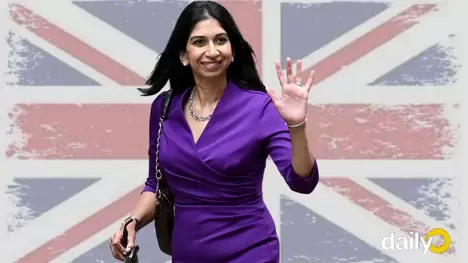
The message we took with us, and I gave to the DEFRA Minister Nick Brown, included: ‘Allow our industry to prosper once again, release us from suffocating regulation and red tape, address the differential between farm gate and retail prices, and introduce a transparent pricing policy - a supermarket regulator.’
Then as now there was a fuel crisis – so not much has changed.
Last week was the twentieth anniversary of the biggest rural protest the UK has ever seen when the Liberty and Livelihood March descended on London. Over 400,000 men, women and children left the countryside to support hunting, and increase awareness of other rural issues including low incomes, poor services and difficulties facing farming.
Today British agriculture faces pressure from all directions, including plans to rewild thousands of acres. Productive land taken for house building and the creation of new reservoirs, as proposed in Lincolnshire and no doubt other counties.
Water is of course a key issue, but farmland is disappearing under solar panels, inland wind farms and facilities to service offshore wind farms. The battle between the environment and food production is intensifying.
In North Yorkshire locals are fighting plans for 1,869-acre solar farm to connect to the National Grid at the nearby Drax power station.
BP is being accused of being heavy handed with local farmers and landowners in Wales, as they push through their plans for its first offshore windfarm.
In 2000 eighty per cent of our food was home produced, today the UK relies more on imports. We need a thriving agricultural sector to feed itself and drive economic growth. 60% is not good enough.
Productive farmland continues to be ‘grabbed’ for alternative use, most of which is irreversible, increasing the need to rely on imports. Much of which are not produced to UK standards. So much for net zero; the carbon footprint from importing food to feed the nation in future years will inevitably be off the scale. We must aim to increase home produced food and energy.
The Chancellor certainly stirred things up last Friday. Those squealing the loudest with their criticism are mostly left-wing politicians, broadcasters and columnists, and of course the wearisome Remainers. I suspect Liz Truss and her brand-new Chancellor have probably got it right.
Those who choose to spread scare stories about the rate of borrowing, should understand that Britain’s debt-to GDP ratio is among the lowest in the G7 club of economies. Currently around 95%, whereas the USA is 134%, Japan 236%, France 114.5% and Italy 153%. As others have said more eloquently than I, “calm down dear”!
Hurray for Home Secretary Suella Braverman who has told police to drop woke ‘gestures’ and focus on crime.

 RSS Feed
RSS Feed